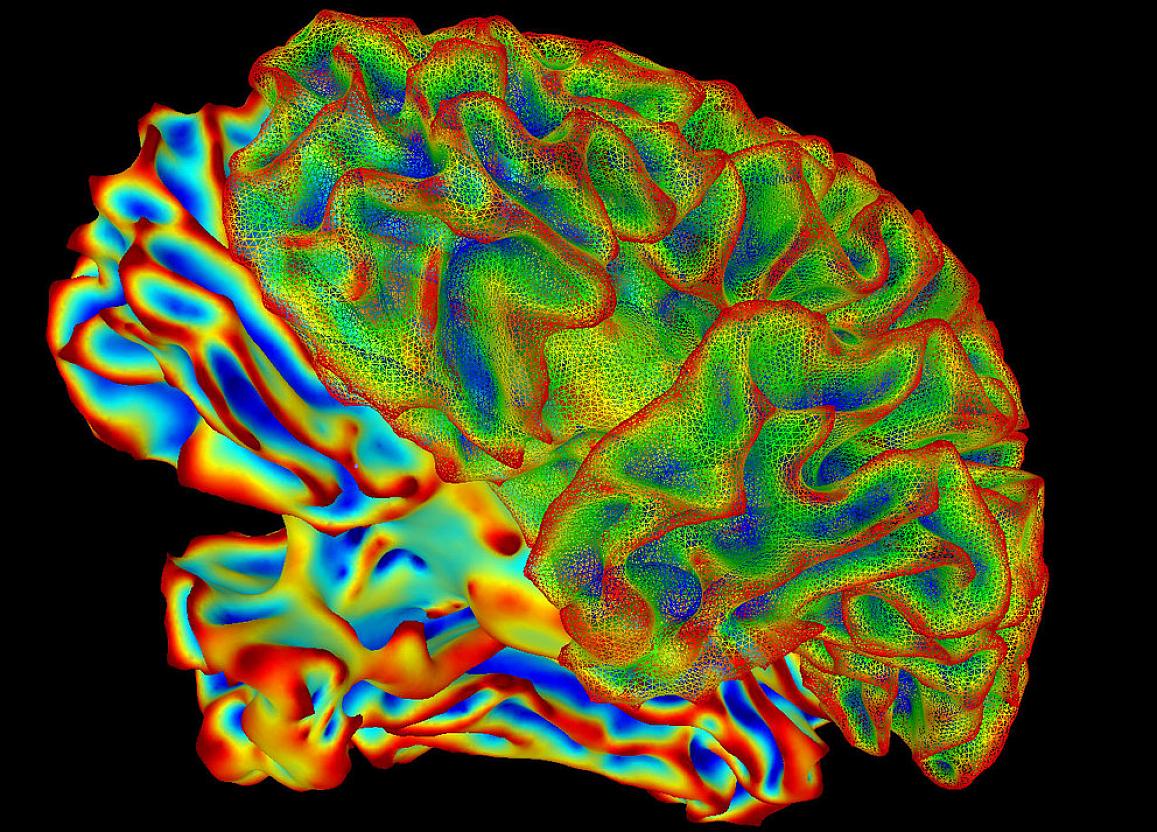Attention A T users. To access the menus on this page please perform the following steps.
1. Please switch auto forms mode to off.
2. Hit enter to expand a main menu option (Health, Benefits, etc).
3. To enter and activate the submenu links, hit the down arrow.
You will now be able to tab or arrow up or down through the submenu options to access/activate the submenu links.
Locator
Contact
Search
Menu
Menu
- MIRECC / CoE
- MIRECC / CoE Home
- Education
- Fellowships
- MIRECC-CoE Awards
- VISN 1 New England MIRECC
- VISN 2 Center for Integrated Healthcare
- VISN 2 CoE - Suicide Prevention
- VISN 2 New York MIRECC
- VISN 4 Philadelphia and Pittsburgh MIRECC
- VISN 5 Capitol MIRECC
- VISN 6 Mid-Atlantic MIRECC
- VISN 16 South Central MIRECC
- VISN 17 CoE - Returning War Veterans
- VISN 19 Rocky Mountain MIRECC
- VISN 20 Northwest MIRECC
- VISN 21 Sierra Pacific MIRECC
- VISN 22 Desert Pacific MIRECC
- VISN 22 CoE - Stress and Mental Health
- CESATE – Seattle
- NCPTSD
- More Health Care
- Veterans Health Administration
- Health Benefits
- Conditions & Treatments
- Wellness Programs
- Locations
- Research
- Special Groups
- Careers, Job Help & Training
- About VHA
VISN 6 > Research > Neuroscience

Neuroscience Research Lab
The goal of the Neuroscience Laboratory is to develop and refine pre-clinical models of psychiatric conditions, emphasizing disorders affecting returning Veterans. Our laboratory focuses on two general areas relevant to post-deployment mental health, 1) traumatic brain injury (TBI) and 2) substance abuse. We are taking a translational approach to decipher the complex cellular and molecular mechanisms of brain function.We integrate varied physiological, pharmacological, and behavioral techniques to understand the complex neurological mechanisms underlying brain dysfunction in TBI and substance abuse illnesses throughout life. Our well-established mouse model replicates the mild TBI (mTBI) key aspects of returning Veterans. Although many patients fully recover within months of injury, others develop clinical symptoms during the chronic phase. Thus, the pre-clinical model approach allows us to assess the progressive functional deterioration that often presents during the chronic phase of injury.
In addition, we are examining the interactions between mTBI and endocrine dysfunction, as well as the genetic markers associated with late-life cognitive decline. Utilizing transgenic mice expressing either human APOE3 or human APOE4 we are investigating age-dependent cognitive decline (in humans, APOE4 is a major genetic risk factor for development of Alzheimer’s dementia). We are working on the identification of protein biomarkers, potential pharmacotherapies and non-pharmacologic treatments. Other investigations include the interactions between prior TBI and predilection to self-administer drugs of abuse (e.g., ethanol).
Recent evidence from our long-running research on the effects of acute and chronic intermittent ethanol exposure indicates that alcohol modulates inhibitory neurotransmission via intracellular calcium release mechanisms, potentially leading to the discovery of innovative pharmacotherapies for alcohol disorders. Furthermore, we are continuing our studies on the physiological changes following chronic intermittent nicotine and combined nicotine/ethanol exposures.
Scott D. Moore, M.D., Ph.D.
Director
scott.moore2@va.gov
Mid-Atlantic Information
About Mid-Atlantic MIRECC
Contact
Leadership
Research Labs
Education
Clinical
About Mid-Atlantic MIRECC
Contact
Leadership
Research Labs
Education
Clinical



















